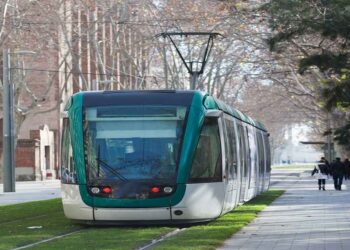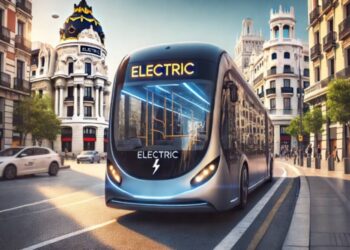By being a ‘smart’ city, The Hague remains an attractive city to live and work. The Hague is on its way to become the smartest city in the Netherlands.
The Hague is the seat of government in the Netherlands, and the capital city of the province of South Holland. With a population of 515,880 inhabitants and more than one million inhabitants including the suburbs. The Hague, International City of Peace and Justice: third largest city in the Netherlands, official seat of the Crown and Government, home to hundreds of international organizations and multinationals, and one of the world’s top three UN cities.
All over the world more and more people are moving to the city. This makes cities larger and more important, but it also means that the pressure on public facilities, infrastructure and the environment is increasing. This requires smart technological solutions. In The Hague, the Municipality, entrepreneurs, residents and knowledge institutes are working together to find solutions for improving accessibility, quality of life, safety and economic growth.
By being a ‘smart’ city, The Hague remains an attractive city to live and work. “We have to invest now in smart use of ICT applications and the innovative capacity of the city. Not only to improve the quality of life and sustainability, but also to strengthen our competitive position”, explains Brian Benjamin, program manager Smart City of The Hague. “Smart requires a government that cooperates closely with all parties in the city.” The pilots and projects that are being set up make use of the latest technological developments in the field of mobile connectivity, the Cloud, Big Data, sensor technology, sustainable energy sources and new forms of transport.
The beachside neighborhood of Scheveningen, a popular summertime tourist spot, will become the initial testing ground for the eight-year-long project, called “Living Lab Scheveningen.”
The first phase will see the installation of smart lamp posts that will carry sensors and objects, such as cameras and Small Cells (a next generation telecom network). These will allow the city to control street lighting remotely as well as to measure the air quality, noise pollution and traffic congestion in their vicinity. In addition, the lamp posts will be able to indicate available parking spots and be used as charging points for electric vehicles. The Living Lab project will test smart city technologies as well as business models, and is being supported by the first open 5G network in the Netherlands.



































